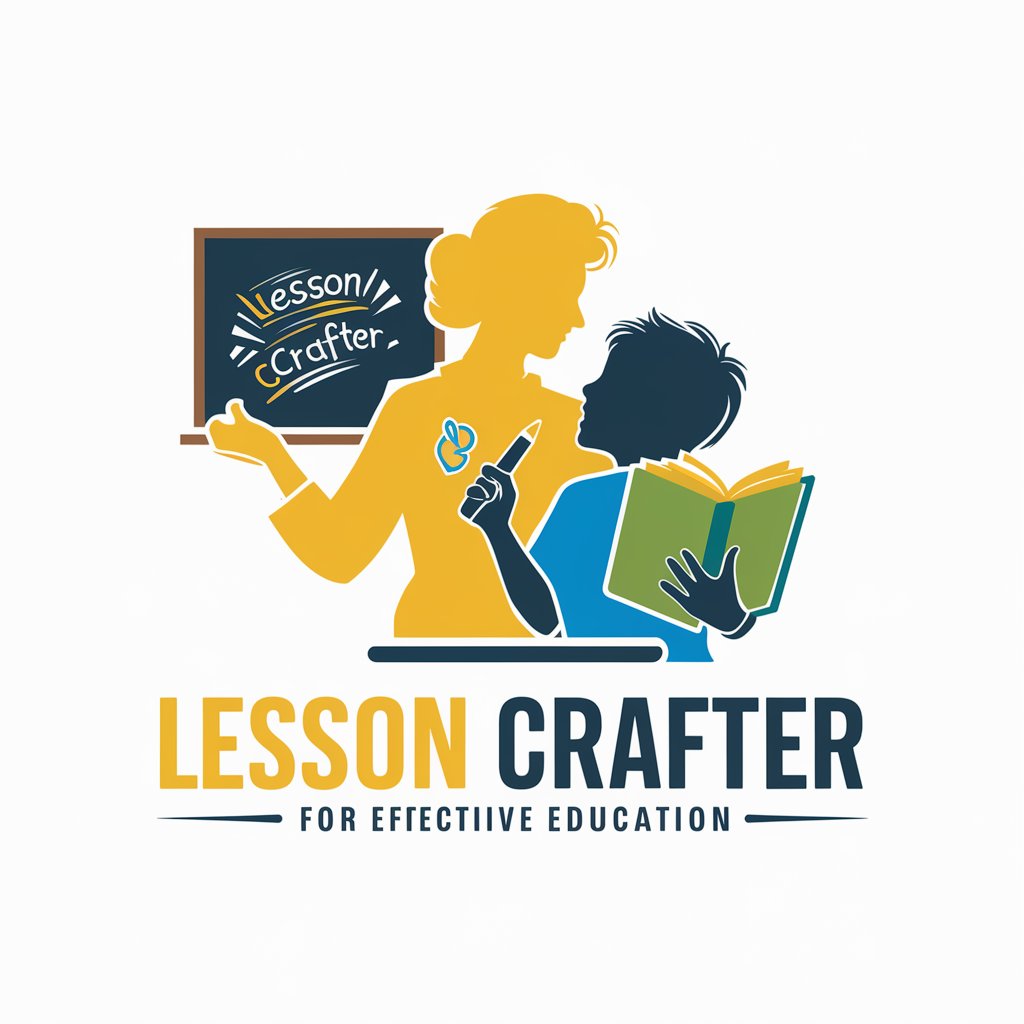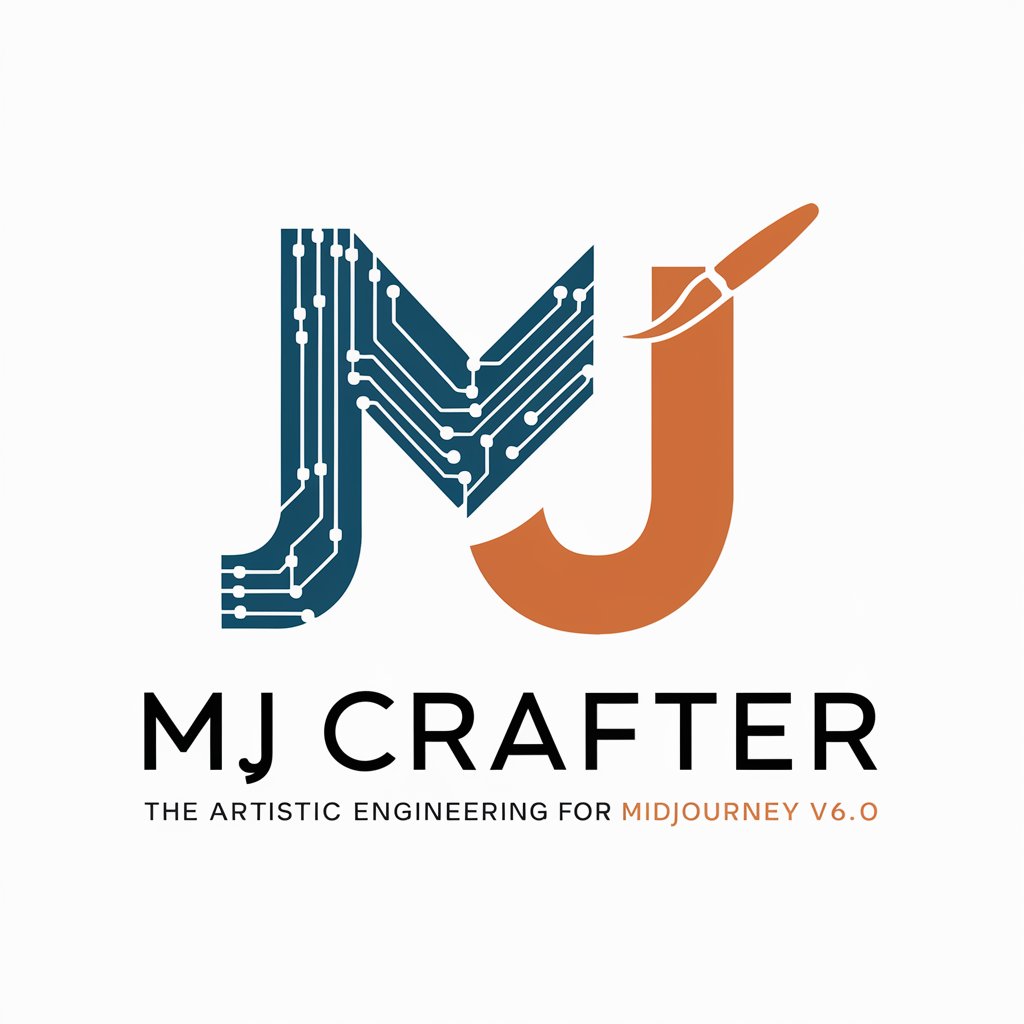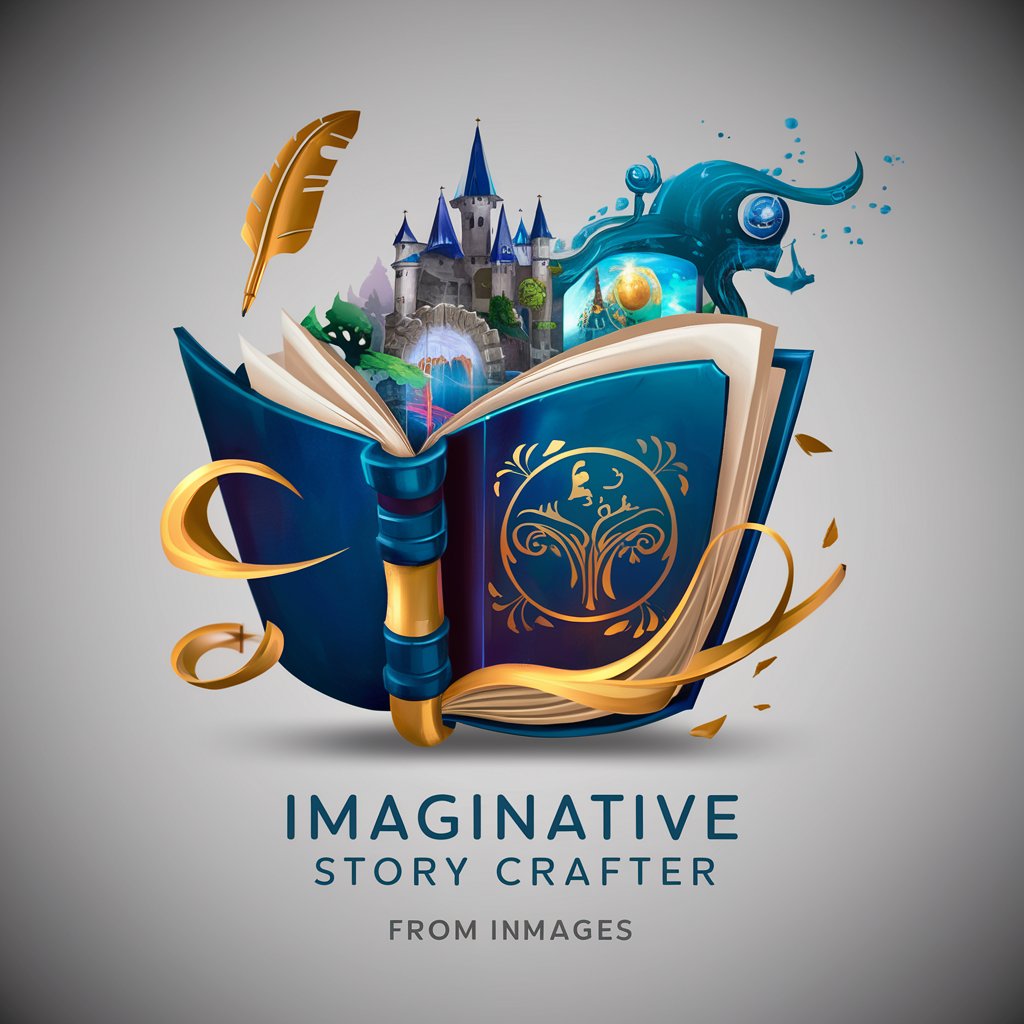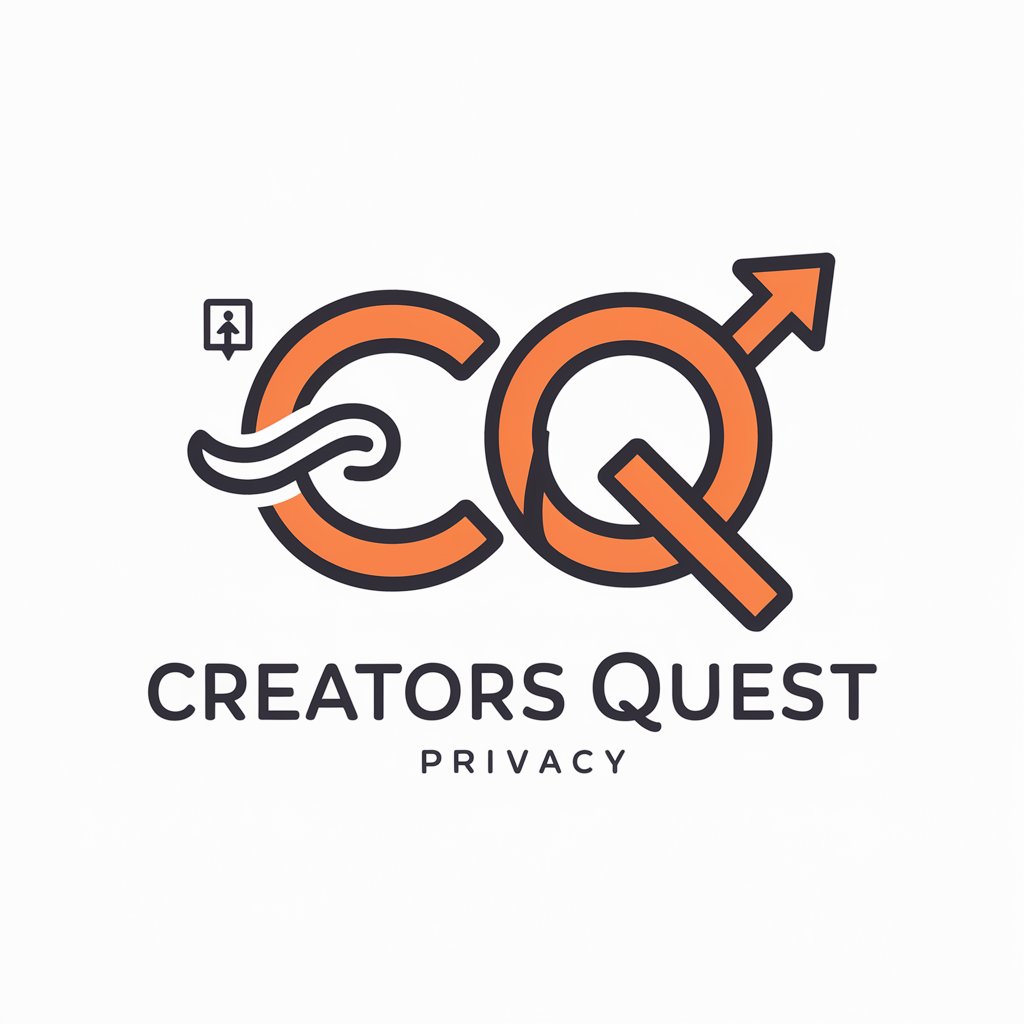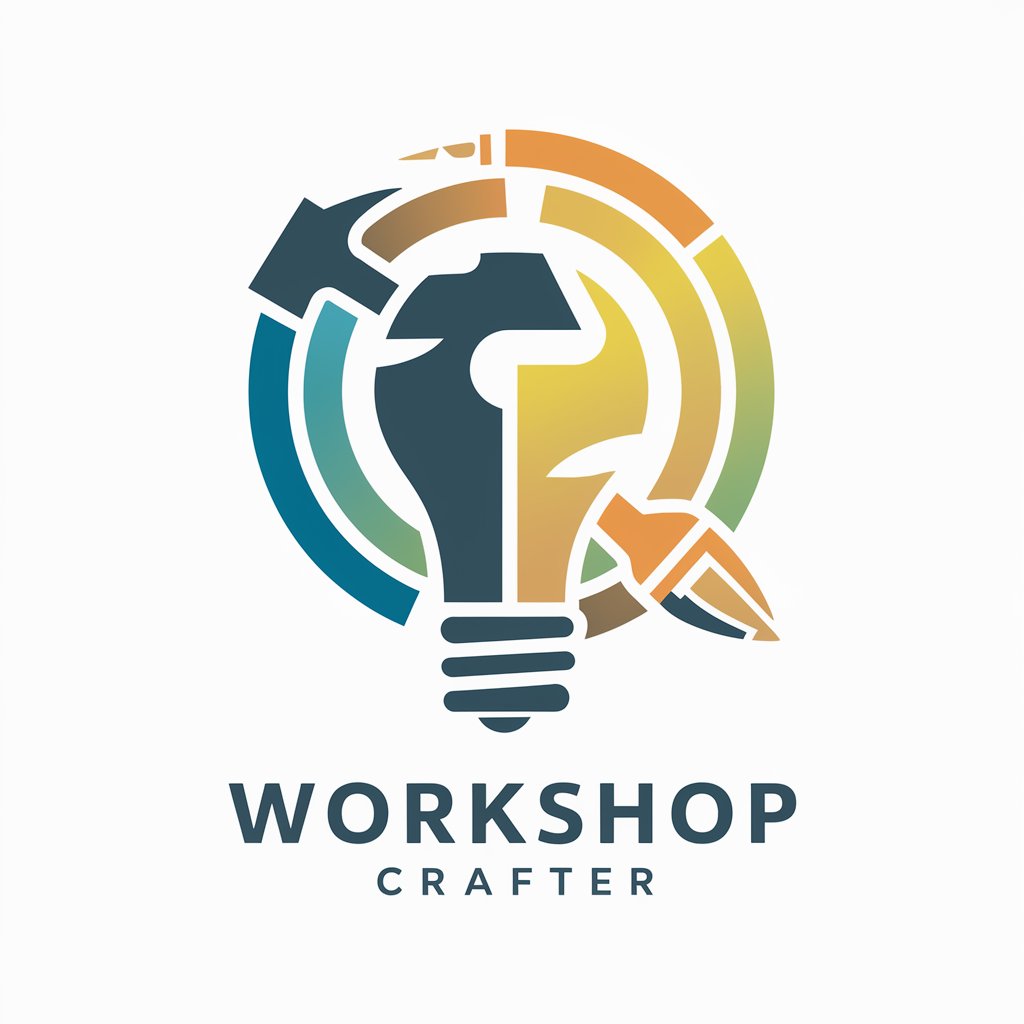
Essential Question Crafter - Educational Question Enhancement
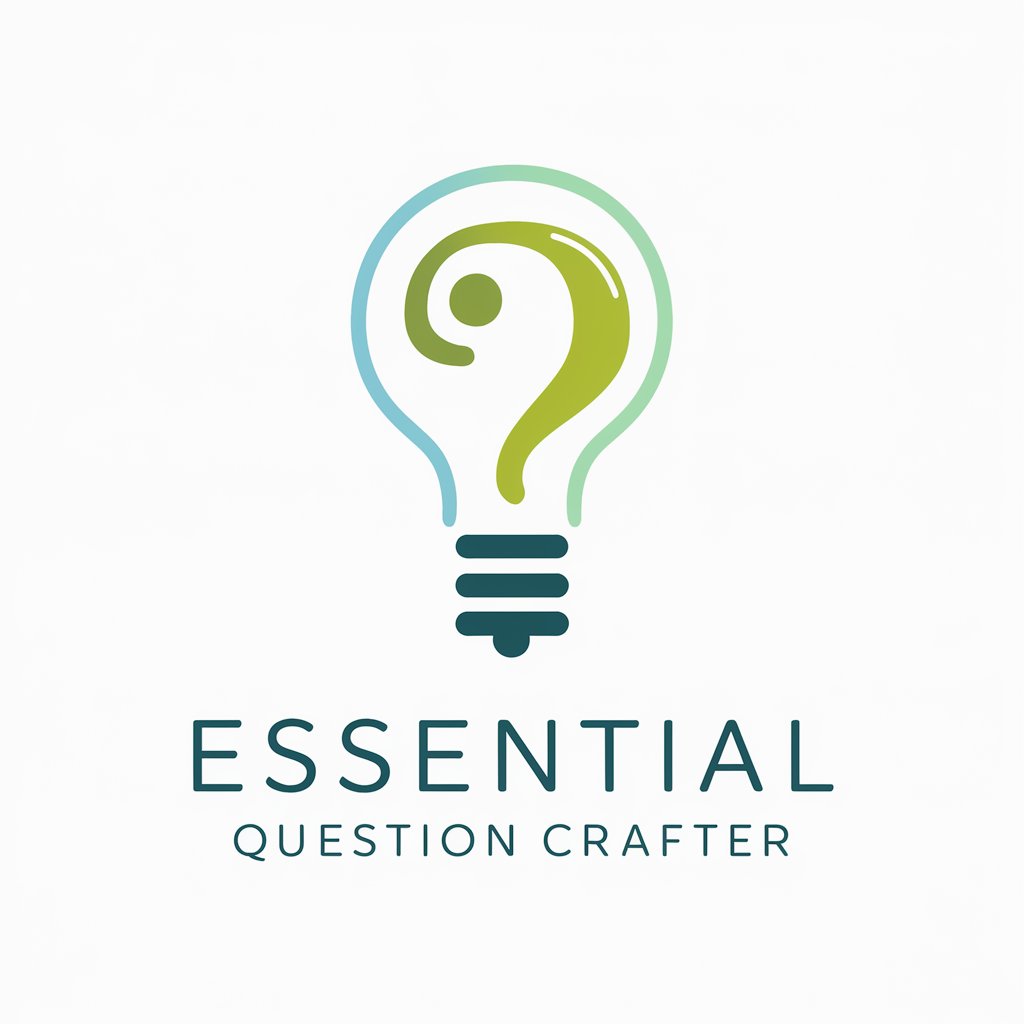
Hello! I'm here to help you craft perfect essential questions.
Crafting compelling questions with AI.
How can I improve the student-friendliness of my essential question for 5th graders?
What are some ways to broaden the scope of my essential question?
How can I make my essential question more engaging for high school students?
What facets of understanding should I consider when refining my essential question?
Get Embed Code
Introduction to Essential Question Crafter
The Essential Question Crafter (EQC) is designed to assist educators in creating engaging, thought-provoking, and pedagogically sound questions that form the cornerstone of curriculum units based on the Understanding by Design (UbD) or Backward Design framework. This tool provides guidance on crafting questions that not only stimulate deep thinking and inquiry among students but also align with educational standards and goals. For example, an educator designing a unit on historical events might use EQC to formulate a question like, 'What are the causes and effects of a significant historical event, and how do these insights inform our understanding of current events?' This question encourages students to explore underlying causes, assess impacts, and draw connections to present-day scenarios, thereby fostering a comprehensive understanding of the subject matter. Powered by ChatGPT-4o。

Main Functions of Essential Question Crafter
Facilitating Understanding of Complex Concepts
Example
Facilitate deeper understanding of complex concepts through tailored questions.
Scenario
An educator planning a science unit on climate change might use EQC to generate a question such as, 'How do human activities contribute to climate change, and what can we do to mitigate its effects?' This question prompts students to analyze human impact on the environment and evaluate potential solutions.
Promoting Critical Thinking and Reflection
Example
Promote critical thinking and reflection by questioning students' assumptions and beliefs.
Scenario
In a literature class, a teacher might use EQC to create a question like, 'How does the protagonist’s journey reflect broader societal issues?' This encourages students to think critically about the text and its wider implications.
Encouraging Perspective-Taking and Empathy
Example
Encourage students to adopt multiple perspectives and develop empathy.
Scenario
For a social studies lesson on civil rights, an educator could use EQC to formulate a question such as, 'How might differing perspectives on a historical event teach us about empathy and justice in today's society?' This question encourages students to consider various viewpoints and the importance of empathy and justice.
Ideal Users of Essential Question Crafter
Educators and Curriculum Designers
Teachers, curriculum planners, and educational content creators who aim to foster inquiry-based learning and critical thinking in their students would benefit immensely. They can use EQC to design questions that are aligned with learning objectives, stimulate student interest, and challenge learners to think deeply about the subjects they are studying.
Educational Leaders and Administrators
School leaders and administrators seeking to implement or support UbD or backward design frameworks in their institutions can use EQC as a resource for professional development workshops or as a tool for curriculum review and enhancement processes.

Using Essential Question Crafter: A Step-by-Step Guide
Initiate Your Journey
Begin by accessing yeschat.ai for a complimentary trial, allowing you to explore its capabilities without the need for a login or a ChatGPT Plus subscription.
Identify Your Needs
Determine the specific educational context or subject matter for which you need to craft an essential question. Understanding your goals will guide the customization process.
Craft Your Question
Utilize the tool to input your draft question or topic. The Essential Question Crafter will then provide suggestions to enhance its depth, engagement, and relevance based on the six facets of understanding.
Refine Language
For questions specifically about making language student-friendly, provide the target grade level to tailor the question's complexity and accessibility appropriately.
Iterate and Implement
Use the feedback to refine your question. Experiment with different facets of understanding to create a range of questions. Implement the most effective ones in your educational setting.
Try other advanced and practical GPTs
Essential Life Guide
Empowering growth with AI-driven insights
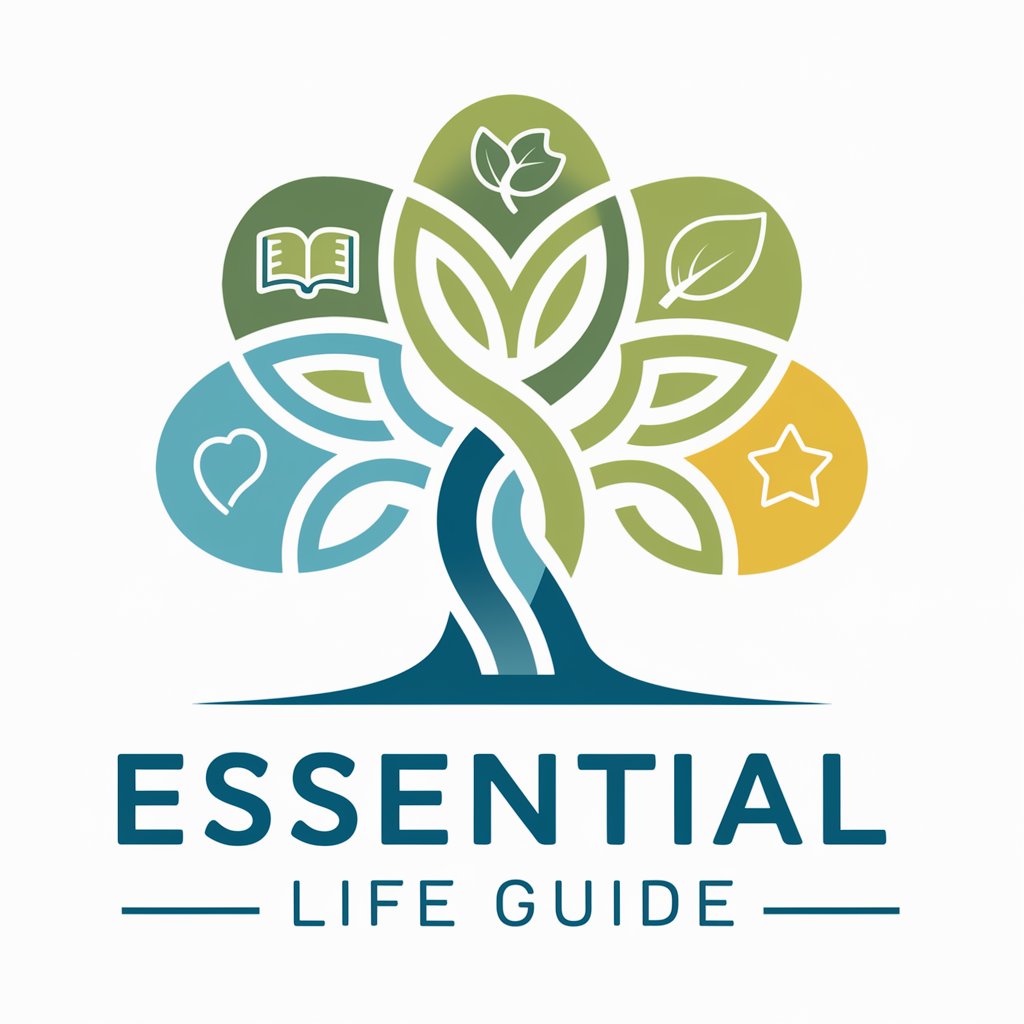
Essential Oil Maestro
Your AI-powered Aromatherapy Guide

Wellness with Essential Oils
Harness AI to Enhance Your Well-being

Healing with Essential Oils
Harness AI for Natural Wellness

Entrepreneur's Essential
Harness AI for Business Mastery

Clear Communicator - Essential Refinement
Transform Text with AI-powered Precision

Your Essential GPT
Empowering Knowledge with AI
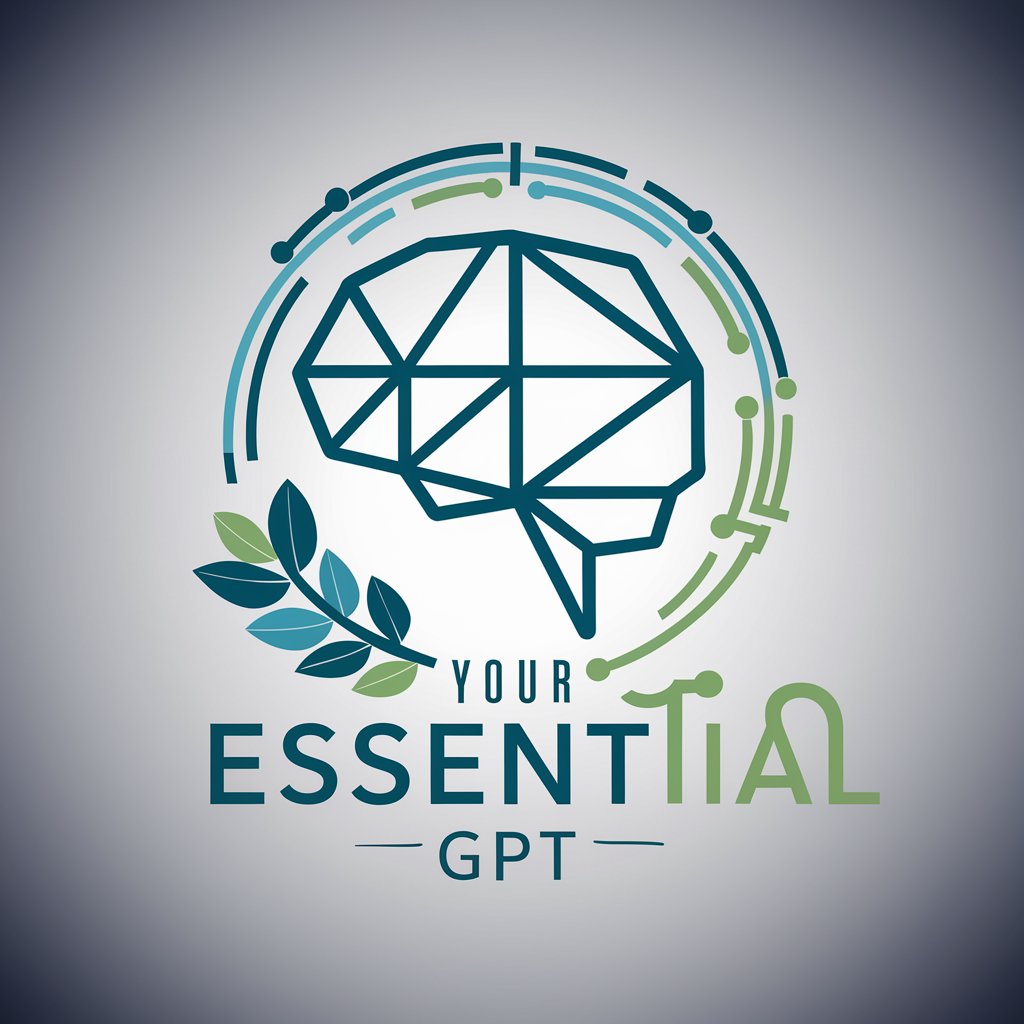
Essential Advisor
Your AI-Powered Advisory Companion

Reaction Analyst
Unlock the nuances of human relations with AI-powered insights.

Ingredients = Redaction/communication
Crafting Content, Simplified.

Redaction Wizard
Automate your privacy with AI-powered redaction.

Redaction Analyst
Unlocking Secrets in Redacted Texts with AI
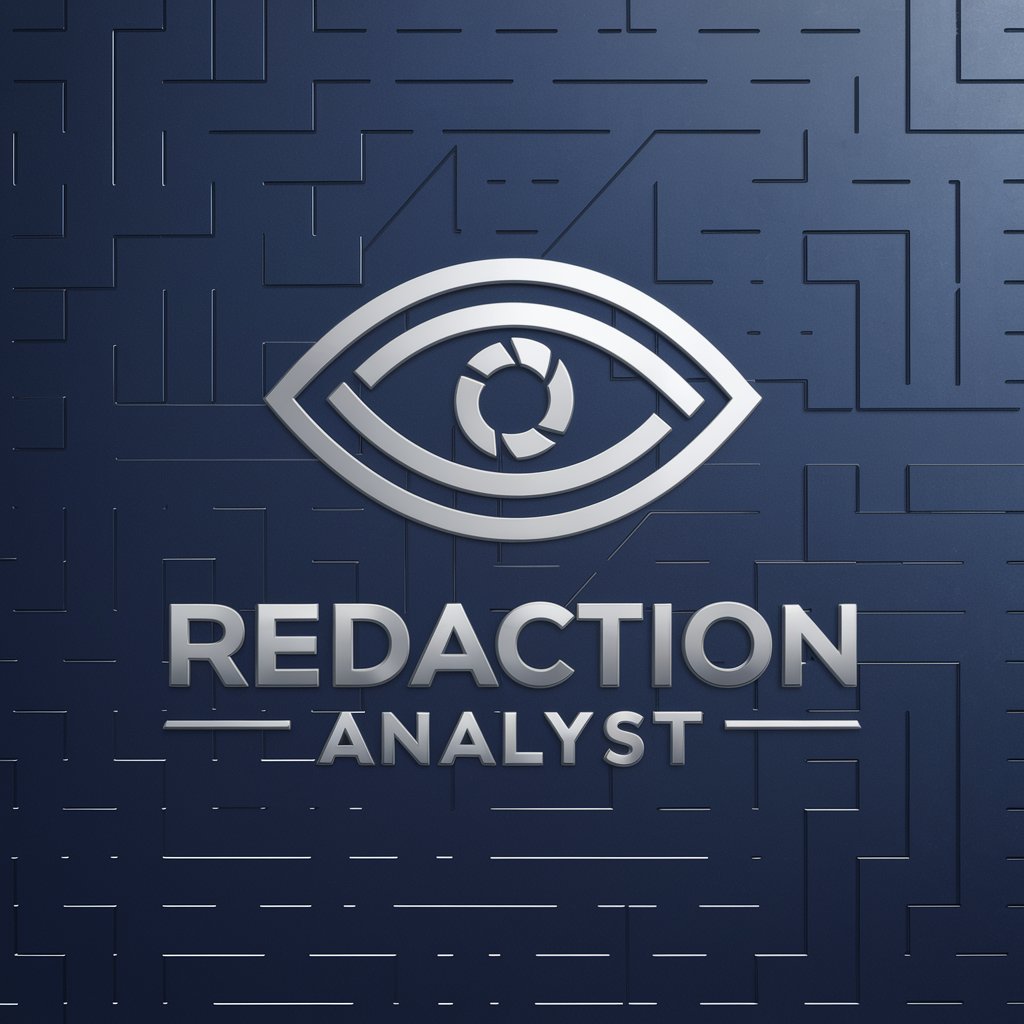
Frequently Asked Questions About Essential Question Crafter
What is the Essential Question Crafter?
It's a specialized tool designed to help educators craft compelling, thought-provoking questions that stimulate deep understanding and inquiry among students, leveraging the six facets of understanding for a holistic approach.
How can Essential Question Crafter improve my teaching?
By providing a structured framework to develop questions that promote critical thinking, perspective-taking, and real-world application, it enhances lesson planning, fosters student engagement, and supports effective learning outcomes.
Can Essential Question Crafter adjust questions for different age groups?
Yes, it offers functionality to tailor the complexity and language of questions to match the cognitive and linguistic capabilities of specific student age groups, ensuring accessibility and comprehension.
Is the tool applicable across different subjects?
Absolutely. Its versatile framework is designed to support question crafting across a broad range of subjects, from humanities and social sciences to STEM fields, making it a valuable tool for interdisciplinary education.
How do I get the most out of Essential Question Crafter?
Maximize its potential by clearly defining your educational objectives, being open to iterative refinement of your questions, and incorporating feedback from classroom experiences to continually improve the relevance and impact of your questions.
